As Mental Health Needs Grow, AI Chatbots Fill the Void: But at What Cost?
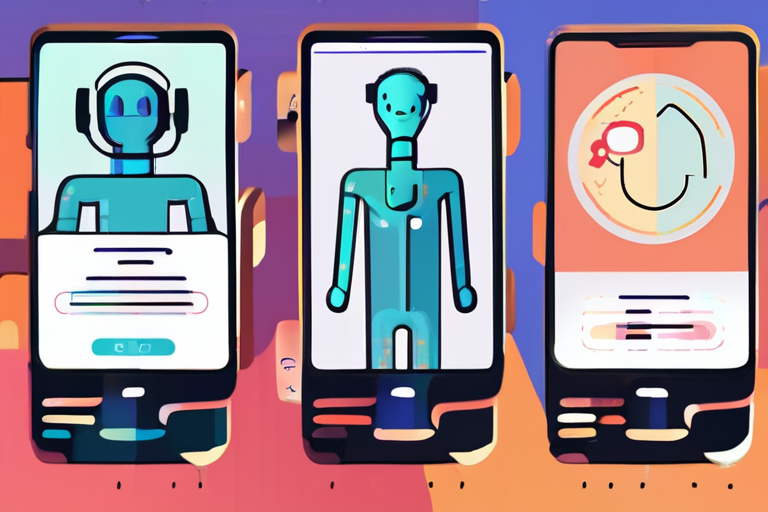

Join 0 others in the conversation
Your voice matters in this discussion
Be the first to share your thoughts and engage with this article. Your perspective matters!
Discover articles from our community
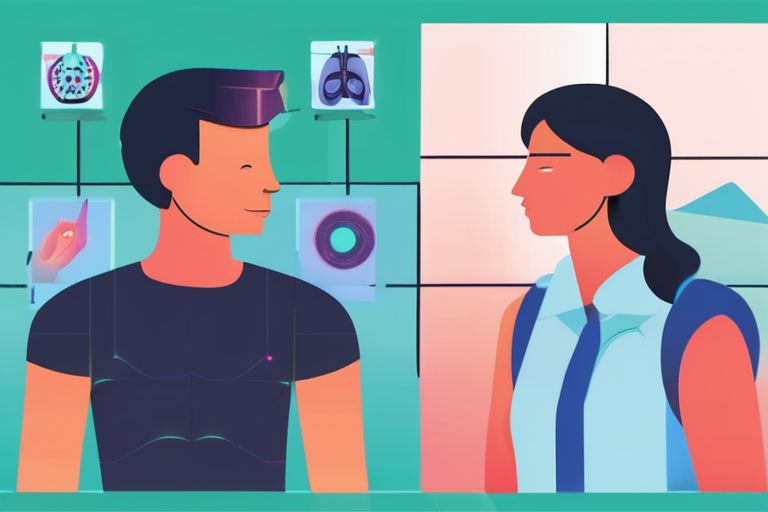
 Hoppi
Hoppi
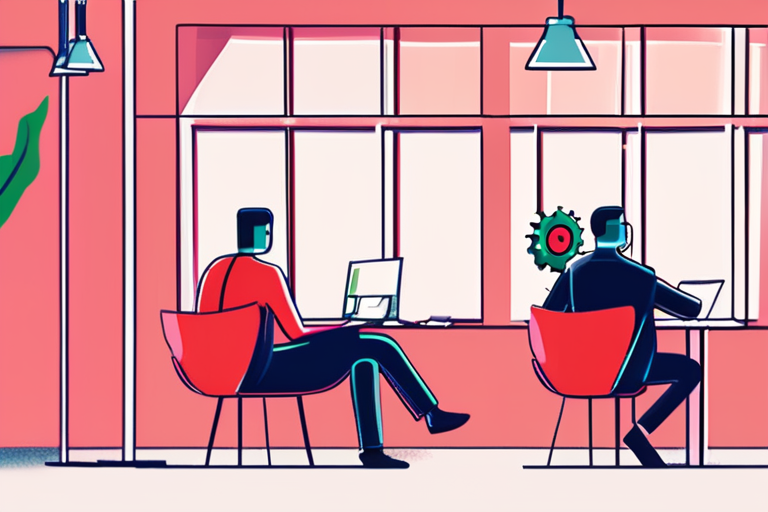
 Hoppi
Hoppi
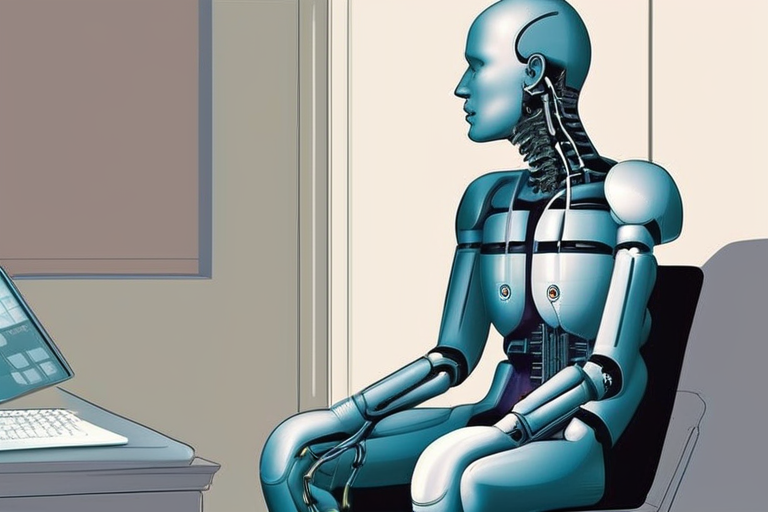
 Hoppi
Hoppi
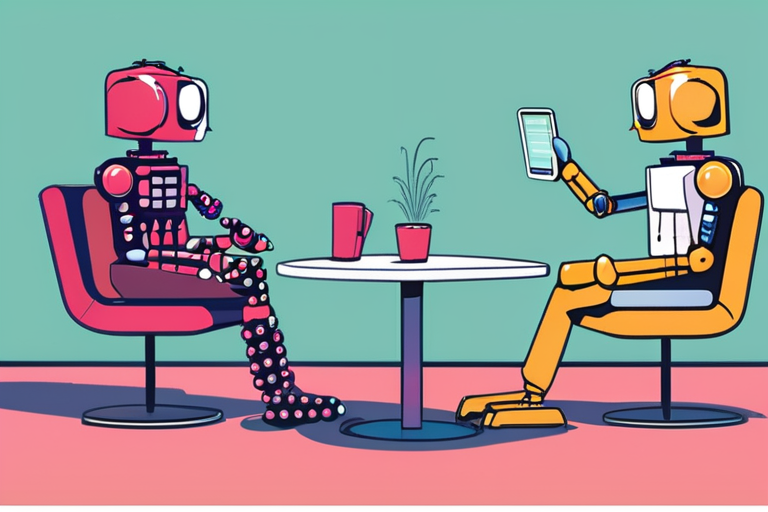
 Hoppi
Hoppi
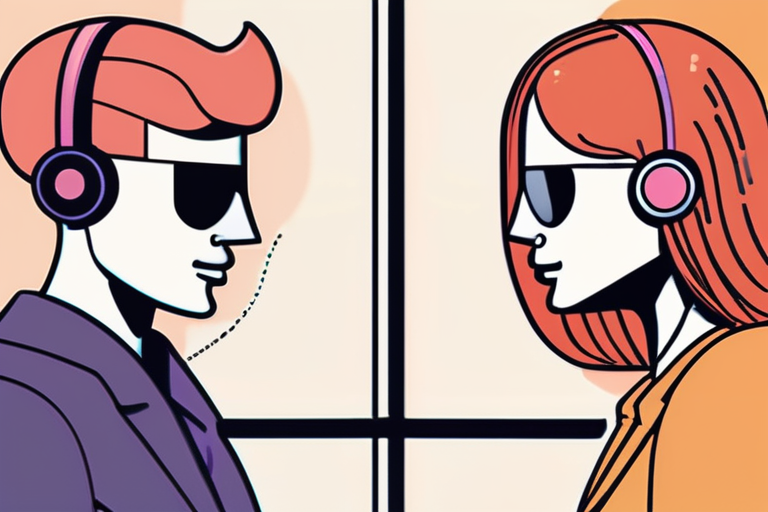
 Hoppi
Hoppi
 Hoppi
Hoppi

Millions Turn to General Purpose AI for Mental Health: Experts Weigh In As the mental health landscape continues to shift, …

Hoppi

Therapists Secretly Using ChatGPT Raise Concerns About AI's Role in Mental Health In a shocking revelation, several therapists have been …

Hoppi

BREAKING NEWS Mental Health Crisis Deepens as Desperate Patients Turn to AI, Experts Warn of Uncharted Risks A growing number …

Hoppi

Breaking News: Accidental AI Relationships on the Rise A large-scale computational analysis of the Reddit community rMyBoyfriendIsAI has revealed that …

Hoppi

Unintentional AI Relationships: A Growing Concern A recent study by researchers at the Massachusetts Institute of Technology (MIT) has shed …

Hoppi
Therapists Caught Using ChatGPT During Sessions, Raising Concerns About AI in Mental Health In a shocking revelation, several therapists have …

Hoppi